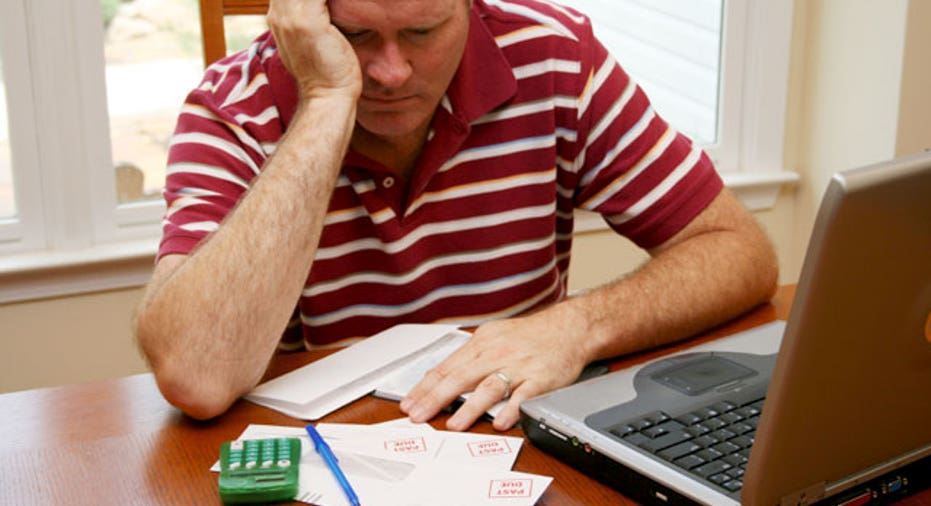Being a Deadbeat Won't Beat Budget Blues

Dear Debt Adviser,I am having financial problems, particularly in two areas, and would like your advice on a plan I have to take care of them. Specifically, I have a car loan I'm having trouble paying. In addition, I have a health care flexible spending account at work that I'm also finding difficult to afford. My question is this: What if I just stopped paying on both? I don't have any assets that could be recovered. I don't own a business. What will happen if I just cease making payments?-- Josephine
Dear Josephine,Let me begin my answer with a question: Why don't you have any assets? My guess is that the answer to that is also the answer to why you are having trouble paying for the commitments you've made. Whether you are spending too much or earning too little, it's time for you to get a budget that allows you to save something. Why? Because this problem will not go away if you dump your car and stop putting money in your Flex account to pay for your medical expenses. The problems will just come back in one new form after another until you want to cry -- or scream.
As to your two questions, the short answers are: One, bad things will happen if you stop paying. Two, your Flex plan idea isn't your decision to make. It's up to the Internal Revenue Service -- and it says no.
Here are the long answers. When you stop paying your car loan, the lender will come after the collateral for the loan (the car) in very short order. So a repossession of your vehicle would quickly follow nonpayment and default of your loan agreement. This typically occurs after missing two payments, sometimes sooner.
But that would not be the end. After a car is repossessed, the lender sells it at wholesale auction. In the majority of cases the sale of the car doesn't cover the balance due on the loan, not to mention the added expenses of repossessing the car, its storage and any legal fees the lender incurred. Any deficiency after applying the proceeds from the sale of the car is still your responsibility to pay. This will leave you with a large balance left to pay on a car that you no longer have and can no longer drive. Plus, your credit will be trashed.
Maybe you think you don't need credit. In that case, understand that bad credit will hurt you in many other ways. Credit reports are used for more than getting a credit card. A repo on your report can hurt your chances to rent a decent apartment, might disqualify you from a new job or a promotion, and can probably result in higher rates when you go shopping for various insurance policies.
But that's not all. Then debt collectors will begin contacting you, demanding you pay the balance on the defaulted car loan. You may not have any assets on which to place a lien (such as a home), but if you don't pay and the collector sues in court to collect, you could have a wage garnishment in your future.
If you really cannot afford to pay your car loan any longer, a better idea is to sell the vehicle yourself. You may still have a balance to pay on your loan after the sale. But it should be much less than if you allow the lender to repossess the car, not to mention much better for your credit. If you shop around, you may even find a dealer who will take your car as a trade-in on a more affordable model. Just be sure the vehicle you are trading for is one that you can afford.
Now, let's look at your question about your flexible spending account. A flexible spending account is an employer-sponsored health care benefit. You commit how much you want to contribute to an FSA at the beginning of a benefit year. You contribute on a pretax basis; that is, no employment or federal income taxes are deducted from your contributions. By putting pretax money in the FSA, you lower your taxable income. When you incur allowable medical expenses that aren't covered by insurance, you request a withdrawal from your flex account to pay for them.
You can't break your contribution commitment midstream. With flex accounts, you are legally blocked from arbitrarily stopping payments, as you say you want to do. You can only stop your payments -- which are withheld by your employer -- if you have an IRS qualifying event. These include such things as your spouse becoming unemployed, having a child or going through a divorce. Deciding you no longer wish to pay is not a qualifying event.
Here's my bottom-line advice: Forget about a car repo, get a set of wheels you can afford and put together a budget that includes building an emergency savings account.



















